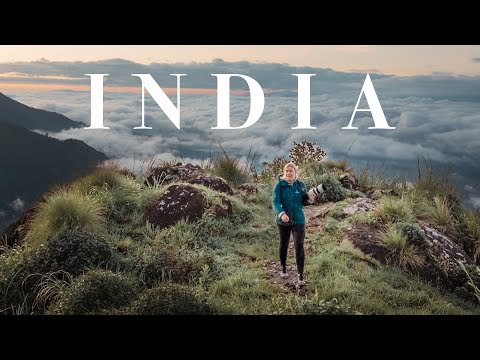
India, a land of diverse cultures, languages, and landscapes offers a mosaic of travel experiences. Among its many states, Kerala holds a special place with its unique geographical features and tranquil beauty. Nestled between the Western Ghats on the east and the Arabian Sea on the west, Kerala is aptly known as “God’s Own Country.” This summer, I had the incredible opportunity to explore this verdant corner of South India. From lush hill stations and serene backwaters to aromatic spice plantations and vibrant cultural festivals, Kerala offers an escape into a world where nature and culture blend seamlessly.
#### Arrival in Kochi: The Gateway to Kerala
My journey began in Kochi (Cochin), a cosmopolitan port city that acts as the gateway to Kerala. The city’s rich history as a trading hub is evident from its diverse architecture and cultural influences. I explored Fort Kochi, walking through streets lined with Portuguese houses and stopping by at the iconic Chinese Fishing Nets that dramatically dip into the sea at sunset. The visit wouldn’t be complete without attending a Kathakali performance—an intricate classical dance that tells stories from Hindu mythology through mesmerizing dance movements.
#### Munnar: A Haven in the Hills
From Kochi, I traveled about 130 kilometers eastwards to Munnar, a serene hill station renowned for its verdant tea gardens. The drive itself was scenic, with roads meandering through lush greenery and expansive tea plantations visible as far as the eye could see. In Munnar, I visited the Tata Tea Museum to understand the nuances of tea processing and enjoyed fresh brews that were aromatic and revitalizing.
Taking advantage of Munnar’s natural landscapes, I embarked on treks that led me through routes dotted with waterfalls like Attukal and Lakkam Waterfalls. The highlight was trekking up to Anamudi Peak within Eravikulam National Park—the highest point in South India where you can find thriving populations of Nilgiri Tahr amongst rolling hills blanketed in blue Kurinji flowers.
#### Alleppey: Cruising Through Backwaters
Next on my itinerary was Alleppey (Alappuzha), often described as ‘the Venice of the East’. Known for its vast network of backwaters — palm-fringed canals connected by more than 900 kilometers of waterways — it’s best experienced aboard a houseboat. Spending a day and night on one these kettuvallams (traditional houseboats) offered me an intimate glimpse into rural Keralan life; small villages on narrow strips of land caught between sky-reflecting waters below.
Each turn brought forward scenes from daily lives—people fishing from tiny boats or washing clothes along water’s edges under swaying coconut trees—all set against a soundtrack provided by nature’s own choir consisting of birdcalls and rustling winds.
#### Thrissur: Cultural Capital
Thrissur is considered by many as Kerala’s cultural capital due largely because it hosts Thrissur Pooram festival—one among most extravagant temple festivals in India featuring beautifully decorated elephants amid drum orchestras called ‘Panchavadyam’. While my travel didn’t coincide with Pooram festival time (usually April/May), visiting Vadakkumnathan Temple during non-festival months still gave me insights into how deep-rooted traditions are within local communities here.
#### Cuisine Delights
No exploration is complete without delving into local cuisine; thankfully Kerala offers delectable dishes ranging spicy seafood curries flavored with tamarind & coconut milk served alongside fluffy appams (rice pancakes) or puttu (steamed rice cakes) paired with kadala curry (spicy chickpeas). Each meal was an adventure by itself!
#### Reflections
As my trip drew close ending after two weeks filled moments tranquility amidst nature intertwined culture hospitality warm hearts locals met along way – realized had only scratched surface what this magical realm offered but experiences gathered would stay forever cherished memories heart.
Kerala taught me more than just beauty; it showed how sustainability intertwines traditional lifestyles promoting eco-tourism initiatives ensuring preservation paradise years come – truly making it ‘God’s Own Country’.
